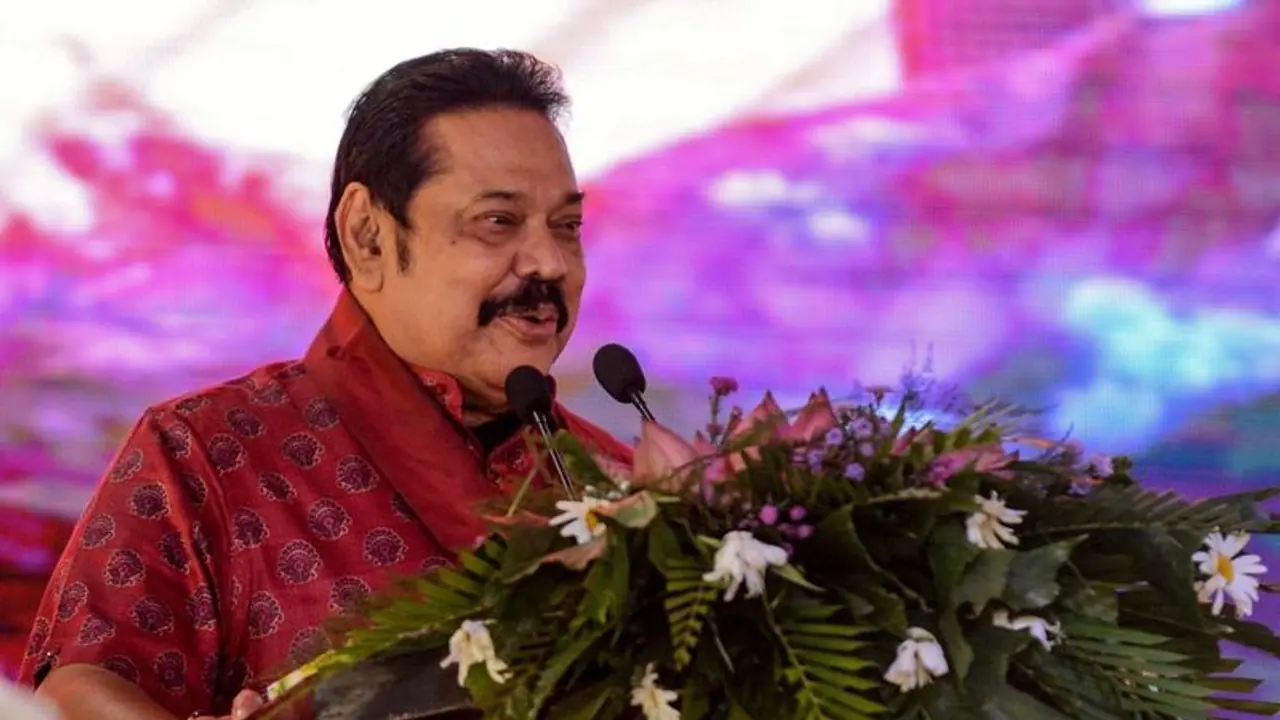Until recently, the Rajapaksa brothers - President Gotabaya Rajapaksa and Prime Minister Mahinda Rajapaksa - have refused calls for their resignation, even as discontent and protests against the administration have become more intense.
The Prime Minister of Sri Lanka Mahinda Rajapaksa on Monday has resigned after weeks of major protests over an economic crisis that’s cut off basic services. This move is likely to pave the path for a new administration in the crisis-torn country.

This comes only days after President Gotbaya Rajapaksa, in a special meeting on Friday, asked the Prime Minister to resign as a solution to the country's protracted political turmoil, according to Sri Lanka's Daily Mirror. President Rajapaksa is anticipated to call all political parties in Parliament to create an all-party Cabinet now that the Prime Minister has resigned.
Until recently, the Rajapaksa brothers - President Gotabaya Rajapaksa and Prime Minister Mahinda Rajapaksa - have refused calls for their resignation, even as discontent and protests against the administration have become more intense.
Also Read | Every minute on streets deprives Sri Lanka of dollars, says PM Rajapaksa
A violent confrontation erupted outside President Gotabaya Rajapaksa's office on Monday, after rumours that Mahinda Rajapaksa may offer to resign as prime minister. Pro-government forces attacked protestors, injuring more than 20 individuals in the subsequent violence. Following that, the government declared a statewide curfew and deployed army forces in the capital.
Mahinda Rajapaksa resorted to Twitter to advise folks to be cautious. He stated, "I implore our citizens to display restraint and remember that violence breeds violence. The current economic crisis requires an economic solution, which this government is dedicated to achieving."
Also Read | Sri Lanka economic crisis: Long queue at pumps, no electricity, more
On Friday, President Gotabaya Rajapaksa announced a state of emergency in the country. It was the second time in less than a month that an emergency had been proclaimed in Sri Lanka. Sri Lanka has been experiencing severe shortages of gasoline, medications, and power for almost a month. Furthermore, the cost of vital items have risen.
The issue has been exacerbated in part by a lack of foreign currency, which means that the government cannot afford to pay for imports of essential goods and petroleum. Since April 9, thousands of protesters have taken to the streets around Sri Lanka.
Also Read | Explained: Sri Lanka's 'bad economics' an opportunity for India
